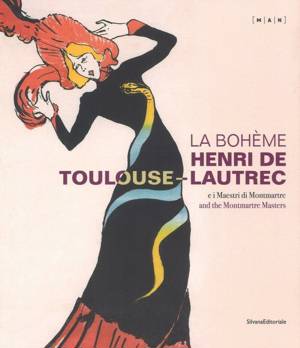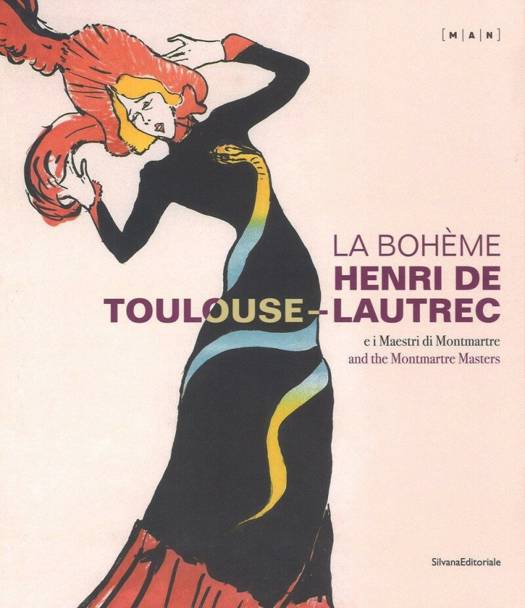
- Retrait gratuit dans votre magasin Club
- 7.000.000 titres dans notre catalogue
- Payer en toute sécurité
- Toujours un magasin près de chez vous
- Retrait gratuit dans votre magasin Club
- 7.000.000 titres dans notre catalogue
- Payer en toute sécurité
- Toujours un magasin près de chez vous
La Bohème: Henri de Toulouse-Lautrec and the Montmartre Masters
And the Montmartre Masters
MAN di Nuoro, Otto Letze
Livre relié | Anglais
44,45 €
+ 88 points
Description
Soon after moving to Paris, Henri de Toulouse-Lautrec (1864-1901) dedicated himself to chronicling a new kind of Parisian life. He was a painter who captured the exhilarating society of le demi-monde and its establishments: racecourses, circus tents, theaters and opera houses, cabarets and brothels.
In a mature career of only ten years, Toulouse-Lautrec produced 368 prints and lithograph posters, which he considered of equal importance to his paintings and drawings. Toulouse-Lautrec began to experiment with lithography at the same time as his contemporaries Alfonse Mucha and Théophile Steinlen. Because of their work, lithographs and posters were elevated from the status of mere mass advertising media to an accepted artistic genre. La Bohème charts the growth of print media in this period through Toulouse-Lautrec's lithographic oeuvre, in which the artist developed his distinctive loving, unsparing vision of Belle Époque Paris.Spécifications
Parties prenantes
- Auteur(s) :
- Editeur:
Contenu
- Nombre de pages :
- 144
- Langue:
- Anglais
- Illustré:
- Oui
Caractéristiques
- EAN:
- 9788836640232
- Date de parution :
- 23-04-19
- Format:
- Livre relié
- Format numérique:
- Genaaid
- Dimensions :
- 246 mm x 287 mm
- Poids :
- 1292 g







